About
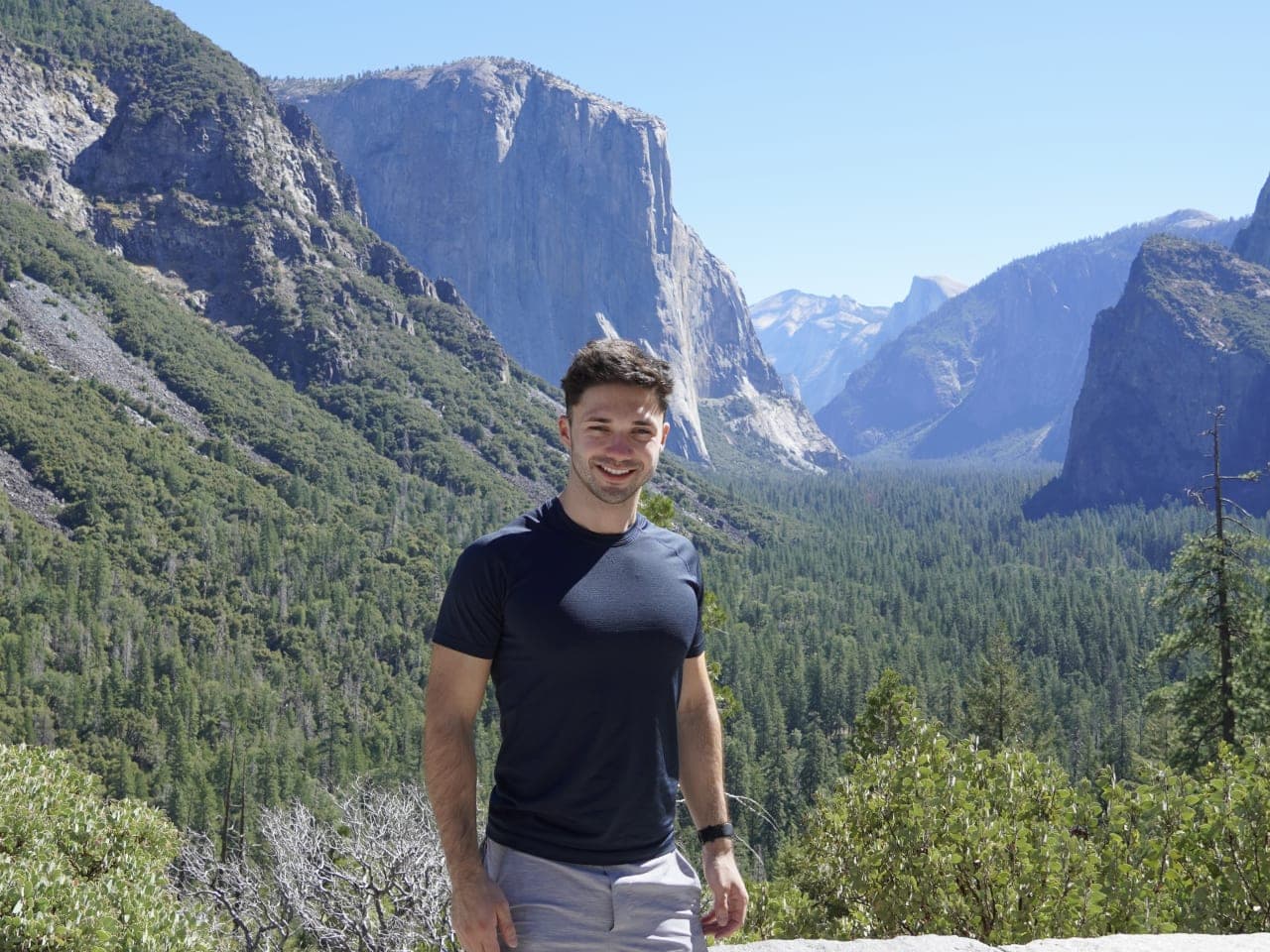
Growing up
Growing up in Reno, Nevada—the "Biggest Little City"—I was immersed in the world of computers and a culture of curiosity. My father, a computer repairman, and my mother, a stay-at-home mom, fostered an environment that nurtured exploration and problem-solving. From a young age, I was fascinated by how things worked. I spent countless hours tinkering with gadgets and exploring the inner workings of our family computer, captivated by the possibility of creating and building.
By the age of 12, my fascination with Legos had transformed into a drive to build more sophisticated systems—those capable of movement, responsiveness, and interaction with their environment. Sensing my burgeoning interest, my father introduced me to my first microcontroller: the Arduino UNO. This small, credit card-sized device opened up a new world of possibilities. I was instantly hooked, diving headfirst into coding, fueled by the excitement of bringing my ideas to life. I learned from online tutorials, forums, and books, spending countless weekends and after-school hours experimenting with different components.
Growing up in Nevada—one of the states with the most underfunded education systems—meant that accessing resources was often a challenge. Nonetheless, this scarcity only strengthened my resolve. I taught myself how to program the Arduino, starting with the classic Blinking LED project that many beginners tackle. While this was a great introduction, I quickly moved on to more ambitious projects, like building a 3D Capacitive Touch Sensors setup. The sense of accomplishment I felt with each successful project reinforced my love for technology and engineering.
A video from 2013 of one of my earliest "real" projects using an Arduino UNO.
Despite my enthusiasm, learning on my own could be lonely. None of my peers shared my interests, and I often felt isolated in my pursuits. I had no mentors or online communities to turn to, which made each achievement even more significant to me. My passion for programming eventually led me to explore other platforms, like the Raspberry Pi, which expanded my understanding of microcontrollers and embedded systems.
“The greatest thing in the world is to know how to belong to oneself.” — Michel de Montaigne
It wasn't until high school that I found a community of like-minded individuals. When my school formed its first robotics team as part of the FIRST Tech Challenge (FTC) organization, I finally met people who shared my love for programming and engineering. For the first time, I could collaborate, share ideas, and work towards common goals with peers who understood my passion. These early experiences with self-learning, hands-on experimentation, and finally finding a community laid the foundation for my ongoing journey in technology and engineering.
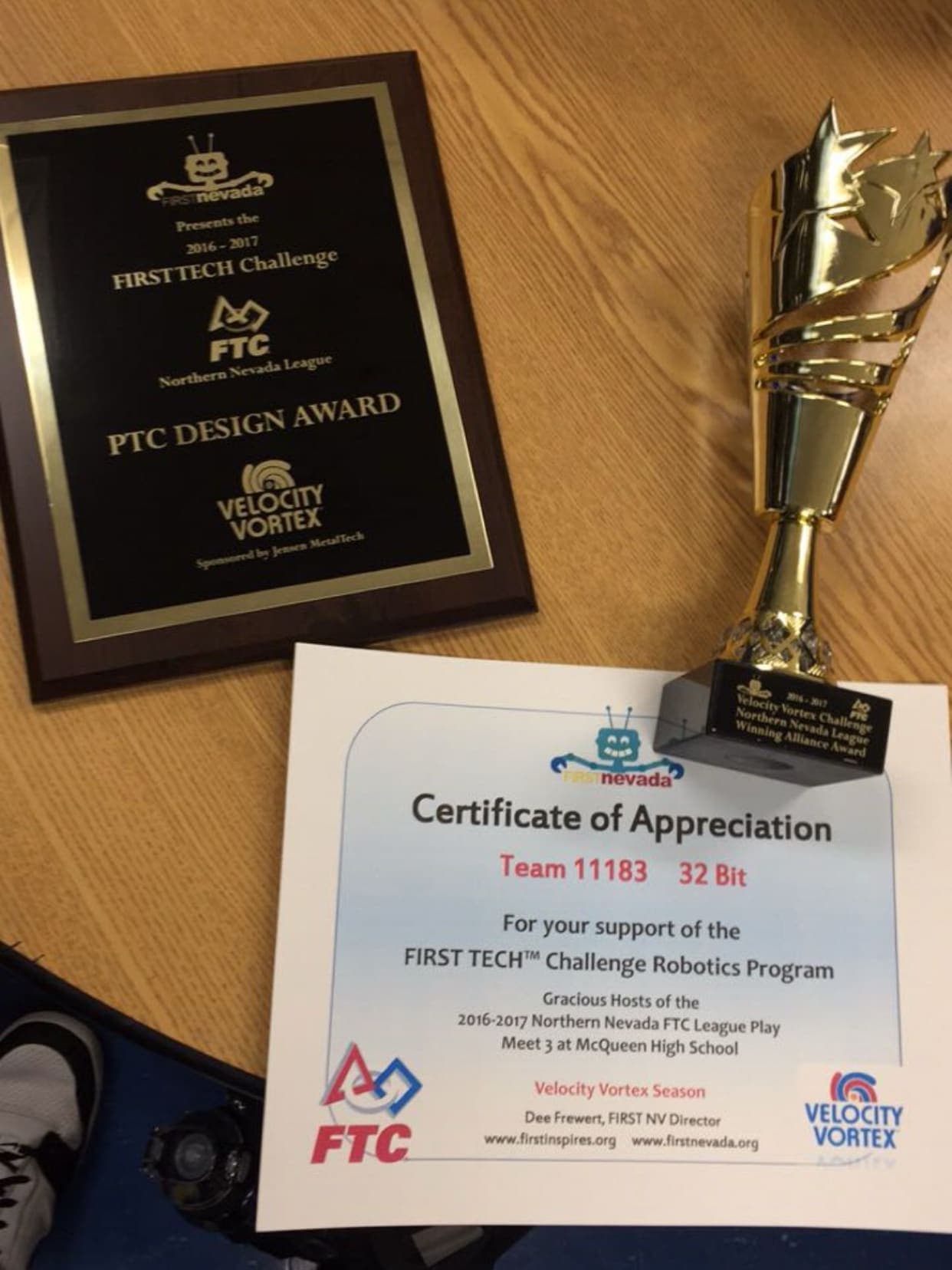
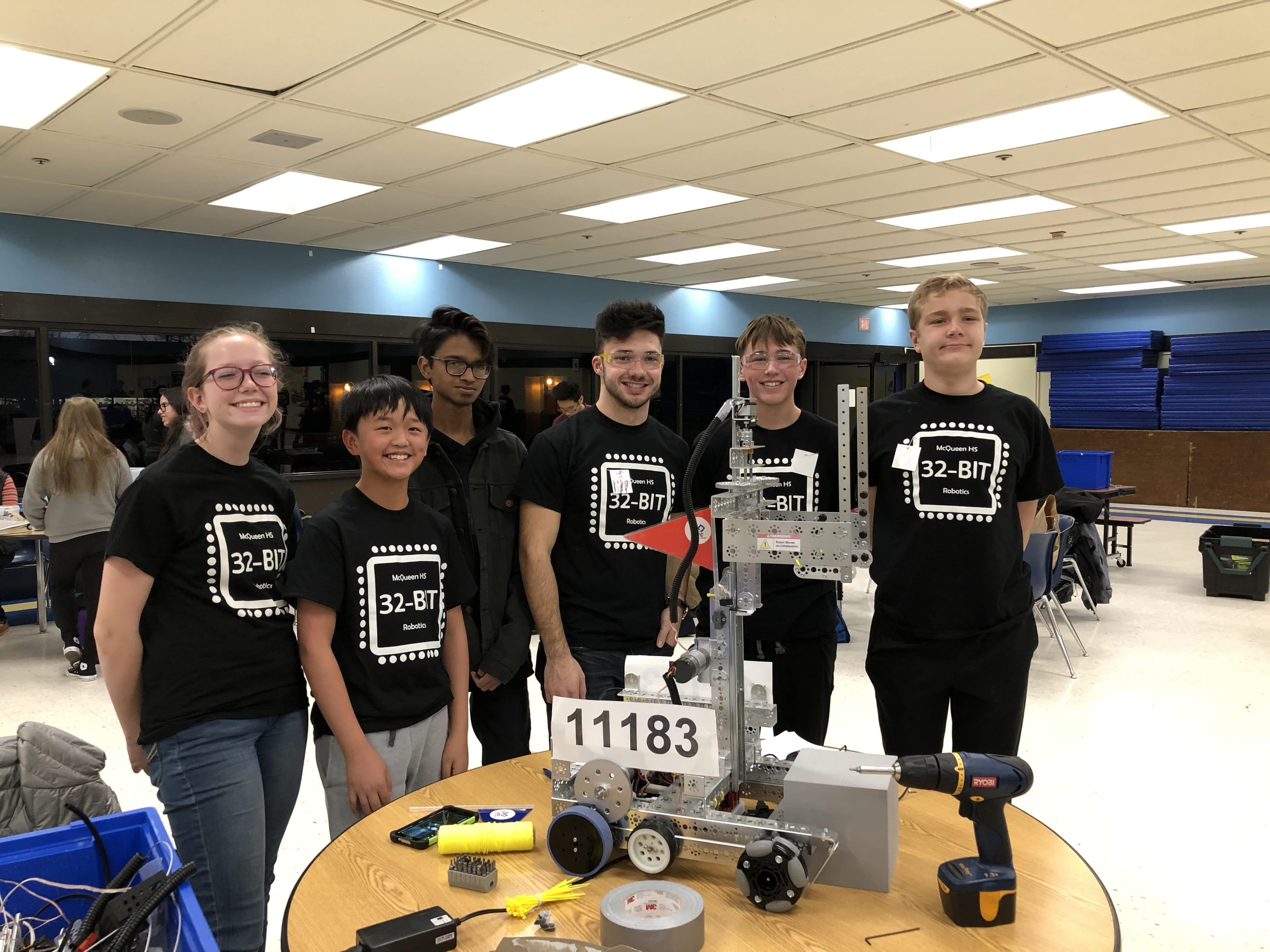
Going to College
I've always had a passion for learning and admired those at the forefront of knowledge. However, I viewed college with skepticism, feeling it was something people did mainly because society told them it was the key to getting a job and being successful. Despite my doubts, I felt that experiencing college for myself would give me a clearer picture. So, I enrolled and chose to major in Computer Science. Who would've thought?
College, however, presented several challenges. The high cost was a continual source of stress, and I found it difficult to connect with my peers. Many of the professors, though knowledgeable, were hard to understand, and their teaching methods didn’t resonate with me. Up until that point, I had been a self-learner, thriving on curiosity and the vast resources available online. It was frustrating to pay so much money to learn from professors who didn't seem invested in teaching effectively when I knew that the same information could be found on the internet.
After a year of attempting to make it work, I reached a breaking point. I could no longer justify continuing on a path that seemed misaligned with my values and learning style. I decided to come up with a plan for what I would do if I dropped out. I needed to ensure I could still pursue my passion for technology and gain the skills required to succeed.
“Nothing in this world can take the place of persistence. Talent will not; nothing is more common than unsuccessful men with talent. Genius will not; unrewarded genius is almost a proverb. Education will not; the world is full of educated derelicts. Persistence and determination alone are omnipotent. The slogan 'Press On!' has solved and always will solve the problems of the human race.” — Calvin Coolidge
Once my plan was solid, I took action: I chose not to enroll for my second year. Instead, I immersed myself in learning everything I could about computer science and software engineering through online courses, building personal projects, and taking on contract work.
This decision to step away from the traditional education path was both challenging and liberating. It allowed me to take control of my learning, focus on the areas that genuinely interested me, and gain practical experience that directly applied to real-world scenarios.
Becoming a Software Engineer
Once I decided on my path, there was no turning back. My goal was clear: to become a software engineer and secure a job within one year of dropping out of college. Failure was not an option; if I didn't achieve this, I would reevaluate my approach, but the goal itself remained unchanged. Despite my confidence, many people doubted my ability to reach this milestone without a college degree, including some of my closest friends and family. However, their doubts only fueled my determination. I adopted a relentless mindset: either achieve my goal or die trying.
“It's about being a warrior. It doesn't matter about the cause necessarily. This is your path and you will pursue it with excellence. You face your fear because your goal demands it. That is the goddam warrior spirit.” — Alex Honnold
I already had a solid foundation in programming with Python, C, and C++, but I recognized that web development held the strongest demand for software engineers. I chose to immerse myself in this field by enrolling in a Web Development and JavaScript course on Udemy. I made my local coffee shop my daily workspace, dedicating hours each day to complete the courses that total +100 hours long collectively. These courses included common projects like the ubiquitous to-do app, but I took it a step further by integrating Google Firebase for real-time updates and making it cross-platform, creating web, desktop (using Electron), and mobile (using Cordova) versions. Building these projects gave me hands-on experience with the latest technologies and trends in the industry.
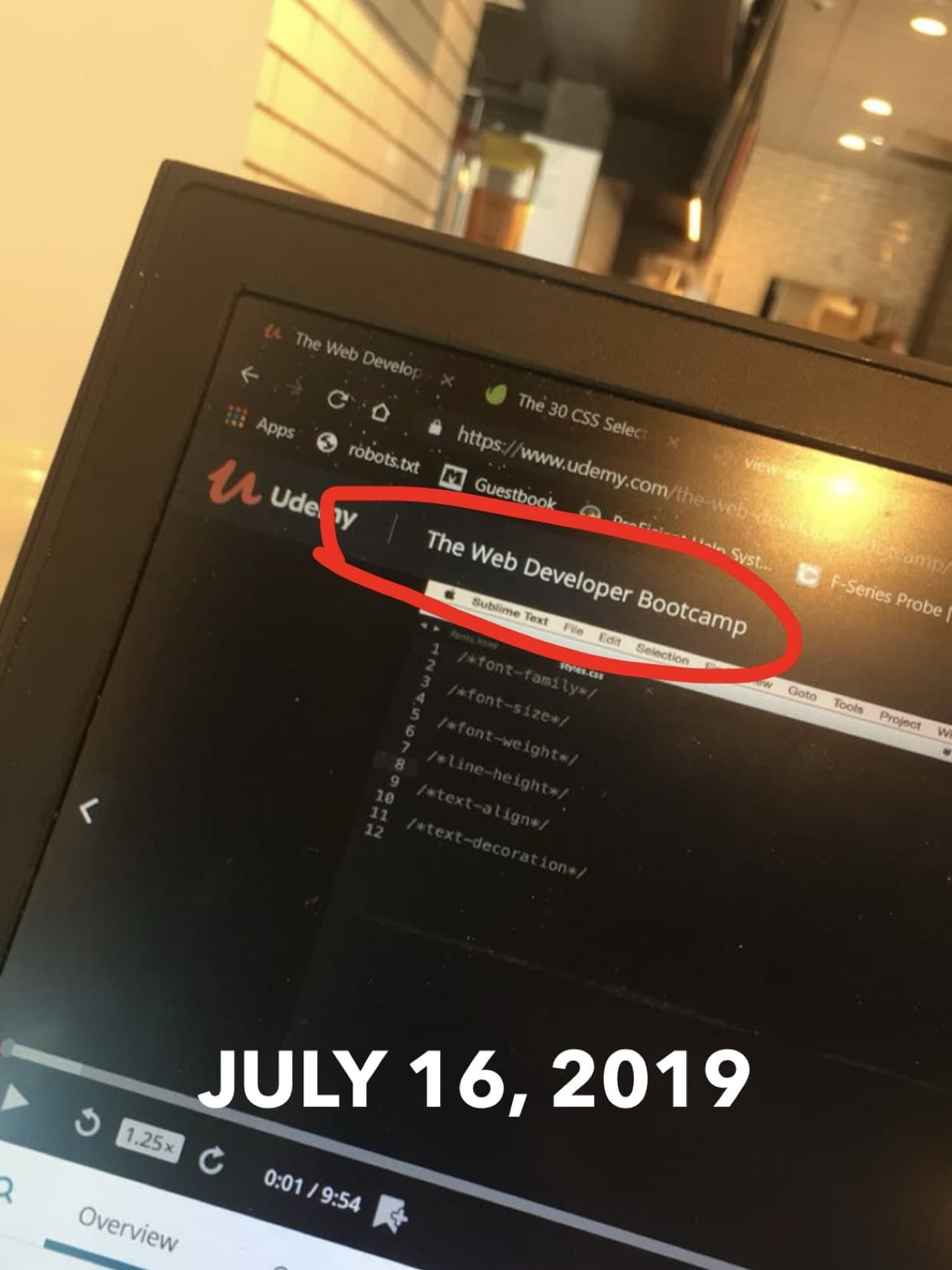
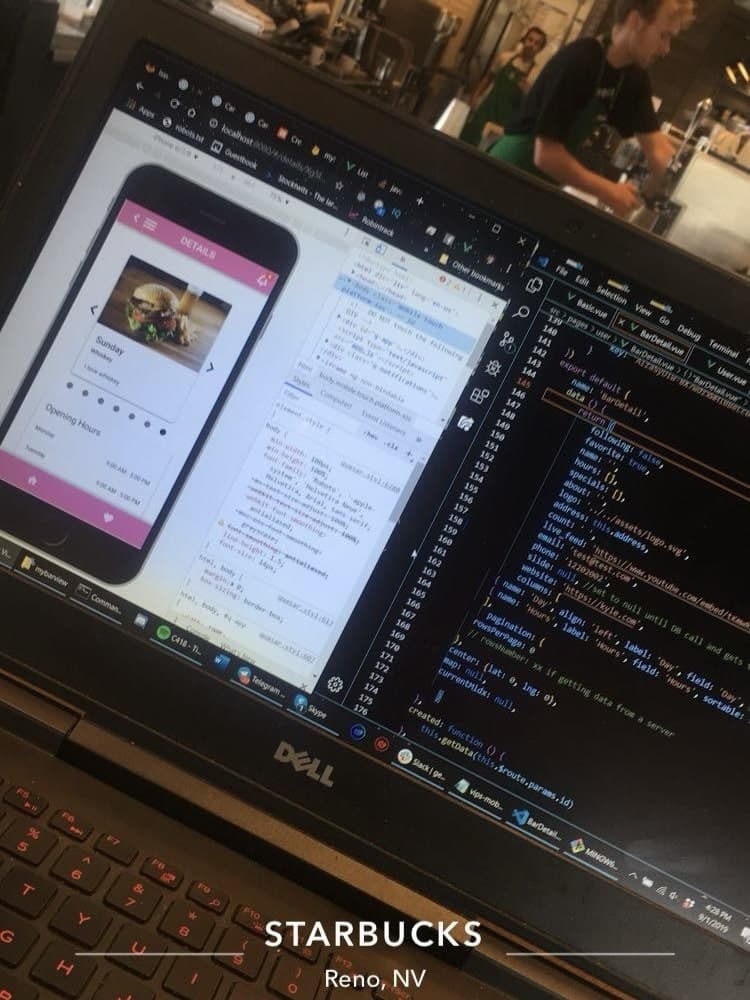
While many of my early projects were code-alongs from the courses I took, I also built my own applications from scratch. One of these projects was a food truck finder app, designed to help users locate food trucks in their vicinity. Projects like this not only helped me apply what I had learned but also allowed me to explore my interests and creativity. I shared my work online, contributing to open-source projects on GitHub, which further enhanced my learning and visibility in the developer community.
The doubt from others was a powerful motivator for me. Knowing that people questioned my ability to succeed without a college degree pushed me to work harder and smarter. However, when it came time to apply for jobs, I realized I was lacking in one crucial area: solving complex interview questions, especially those related to data structures and algorithms. To address this, I purchased a software interview prep course focused on these topics, which helped me better understand the concepts and tackle challenging interview problems.
After months of preparation, project building, and continuous learning, I felt ready to enter the job market. I applied to several software engineering positions, and after interviewing with four different companies, I finally landed my first job at an Oakland-based startup called Foodnome. The moment I received the offer, I was ecstatic—it felt like all my hard work and sacrifices had paid off.
At Foodnome, a startup environment where I was one of only two engineers, I learned more than I could have ever imagined. I wore many hats, gaining experience in software engineering, source control, backend development, Apollo GraphQL, mobile optimization, authentication, payment integration, and deployment processes for both Apple and Google Play stores, as well as deploying to AWS. I had the opportunity to build or revamp most of the platform, which was an incredible learning experience and helped me grow rapidly as a developer.
This achievement was more than just landing a job; it validated my decision to forge my own path and proved that with enough determination and dedication, traditional barriers could be overcome. It was the start of a fulfilling career as a software engineer, built on the foundation of hard work, self-belief, and a relentless pursuit of knowledge.
As of 2025, I have left my job as a Software Engineer and am pursuing trading full time.
Other Fun Facts
I have a FINRA Series 57 designation and an interest in trading stocks.
I enjoy teaching others about programming and technology. I use my YouTube channel, which has over 5,000 subscribers and 2,000,000 views, as a platform to share my knowledge.
I’m an avid hiker and have completed over 100 different hikes using AllTrails.